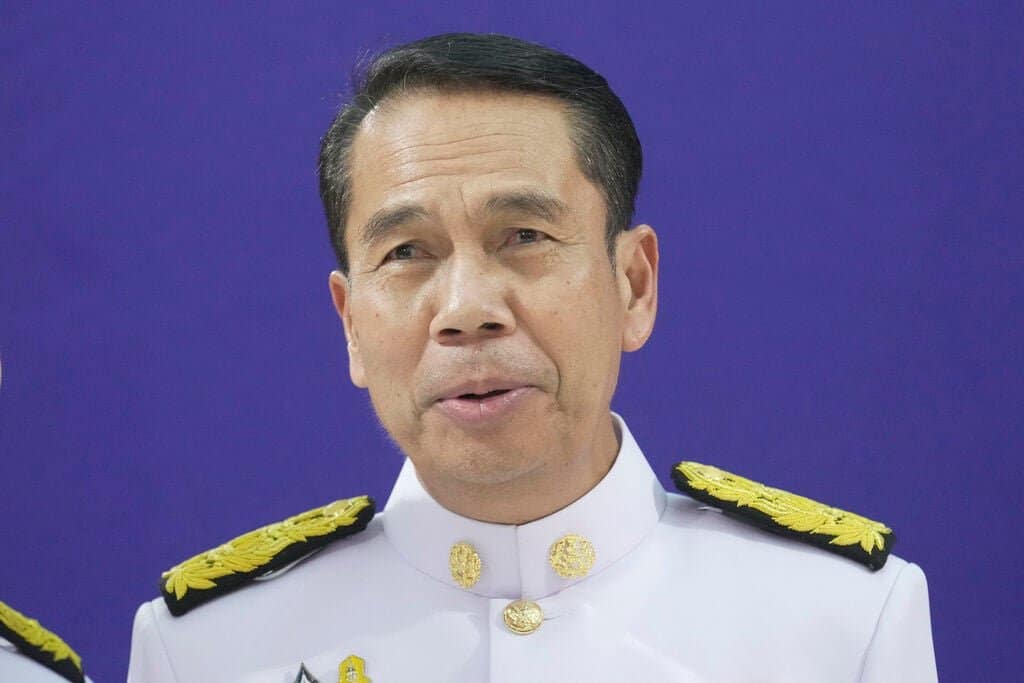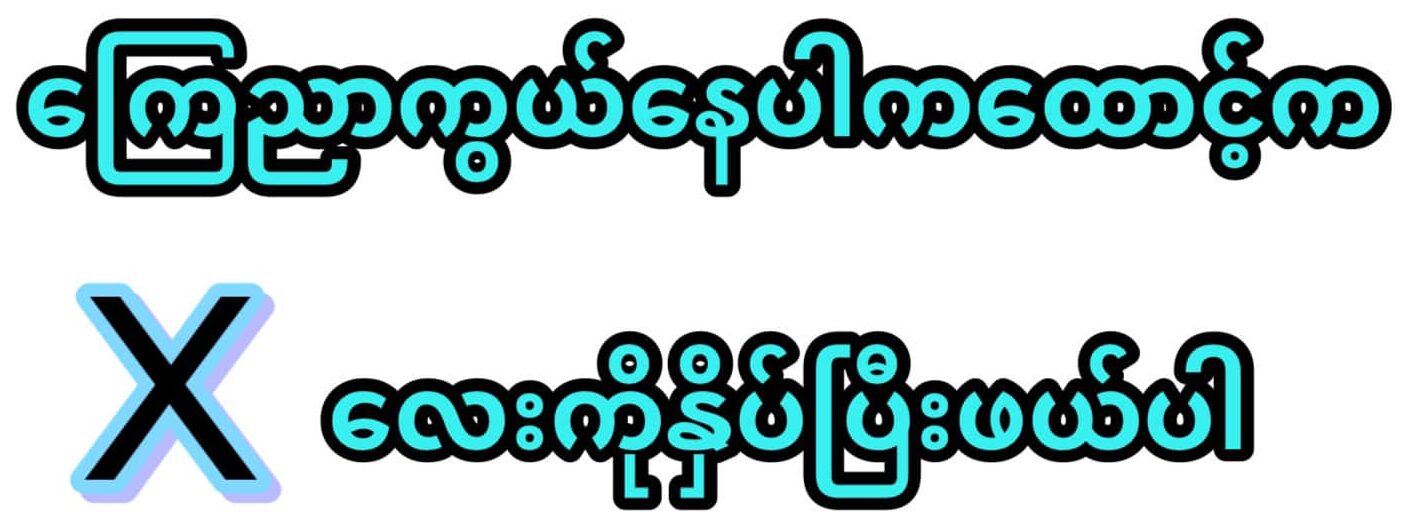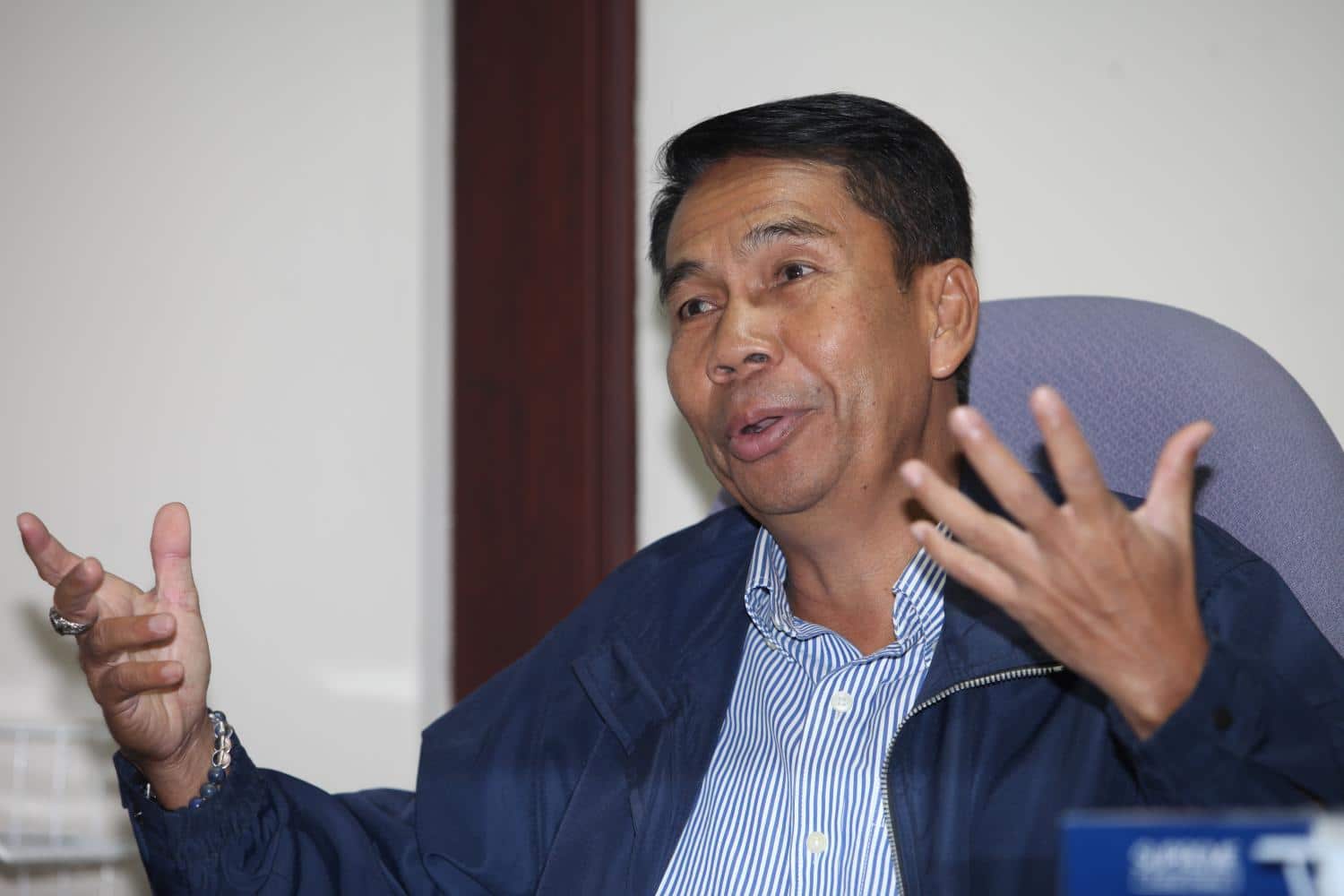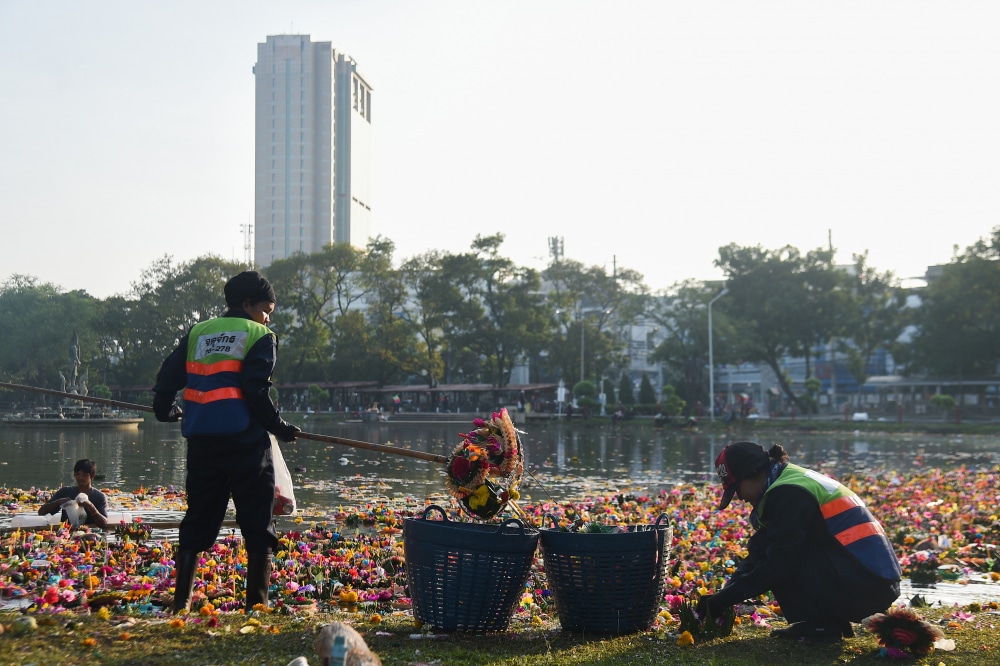The appointment of the newly minted Defense Minister, Sutin Klungsang, has thrust him into the limelight as he takes on the responsibility of navigating a myriad of challenges within the military while maintaining stability within the Pheu Thai-led coalition government.
Notably, Sutin is the first civilian to hold the defense minister position without concurrently serving as the prime minister. In his new role, he is expected to oversee military reform, address issues related to the southern unrest, and manage the military’s diplomatic relations with neighboring countries.
Sutin’s appointment as a civilian in charge of military affairs is seen as a strategic move by the Pheu Thai-led government’s de facto leader, the incarcerated former Prime Minister Thaksin Shinawatra. This move aims to mitigate the military’s potential threat to the government and preempt any future coups. It is worth noting that Thaksin himself faced a military coup that ousted his administration on September 19, 2006, and later, his younger sister Yingluck Shinawatra’s government met a similar fate on May 22, 2014.
Given Thaksin’s wariness of the military, he is advocating for civilian oversight of the armed forces and seeks to curtail the influence of key military figures, including former Prime Minister Prayut Chan-o-cha, Palang Pracharath Party (PPRP) leader and former Deputy Prime Minister Prawit Wongsuwon, and former Interior Minister Anupong Paojinda.

The new government is also expected to address the ongoing peace efforts in the Deep South and select a replacement for General Wanlop Rugsanoh, who previously led the government’s negotiation team. Prime Minister Srettha Thavisin is reportedly inclined to appoint a civilian to oversee the peace process, underscoring the government’s intent to limit the military’s sway in such matters.
Nonetheless, Dr. Prommin Lertsuridej, secretary-general of the prime minister, has dismissed any concealed motives behind the appointment of a civilian as defence minister. He asserts that this practice aligns with international norms and denies any ulterior motives aimed at preventing future coups.
Looking ahead, the government is expected to deliberate on potential amendments to the Ministry of Defence Organisation Act BE 2551 (2008), which could entail abolishing the committee responsible for appointing military generals. Such a change might empower the defence minister to make appointments within the armed forces leadership.
Security expert Panitan Wattanayagorn underscores that the new defence minister will grapple with an array of challenges, including decisions regarding military downsizing, the phasing out of military conscription, addressing the persisting southern unrest, and managing the contentious submarine procurement deal with a Chinese concessionaire. Furthermore, the minister will need to navigate complex international and regional issues, encompassing major power rivalries from the South China Sea to the Korean Peninsula. The Defence Ministry is anticipated to collaborate with the Foreign Affairs Ministry in endeavors to resolve the Myanmar crisis and secure international recognition for Thailand.
Wanwichit Boonprong, a political science lecturer at Rangsit University, emphasizes the advantages of appointing a defence minister who does not concurrently serve as the prime minister. This arrangement can help alleviate concerns about interference in military affairs. Additionally, Sutin’s familiarity with government budget plans is expected to aid his comprehension of the Defence Ministry’s budgeting and expenditure processes.
Among the significant challenges on Sutin’s agenda is the transition from military conscription to voluntary recruitment. Additionally, the government aims to maximize the commercial potential of areas owned by military agencies, thereby increasing revenue and promoting financial self-reliance for both the Defence Ministry and the armed forces. Furthermore, military-run hospitals are set to open their doors to the public, a move intended to augment their revenue streams.










